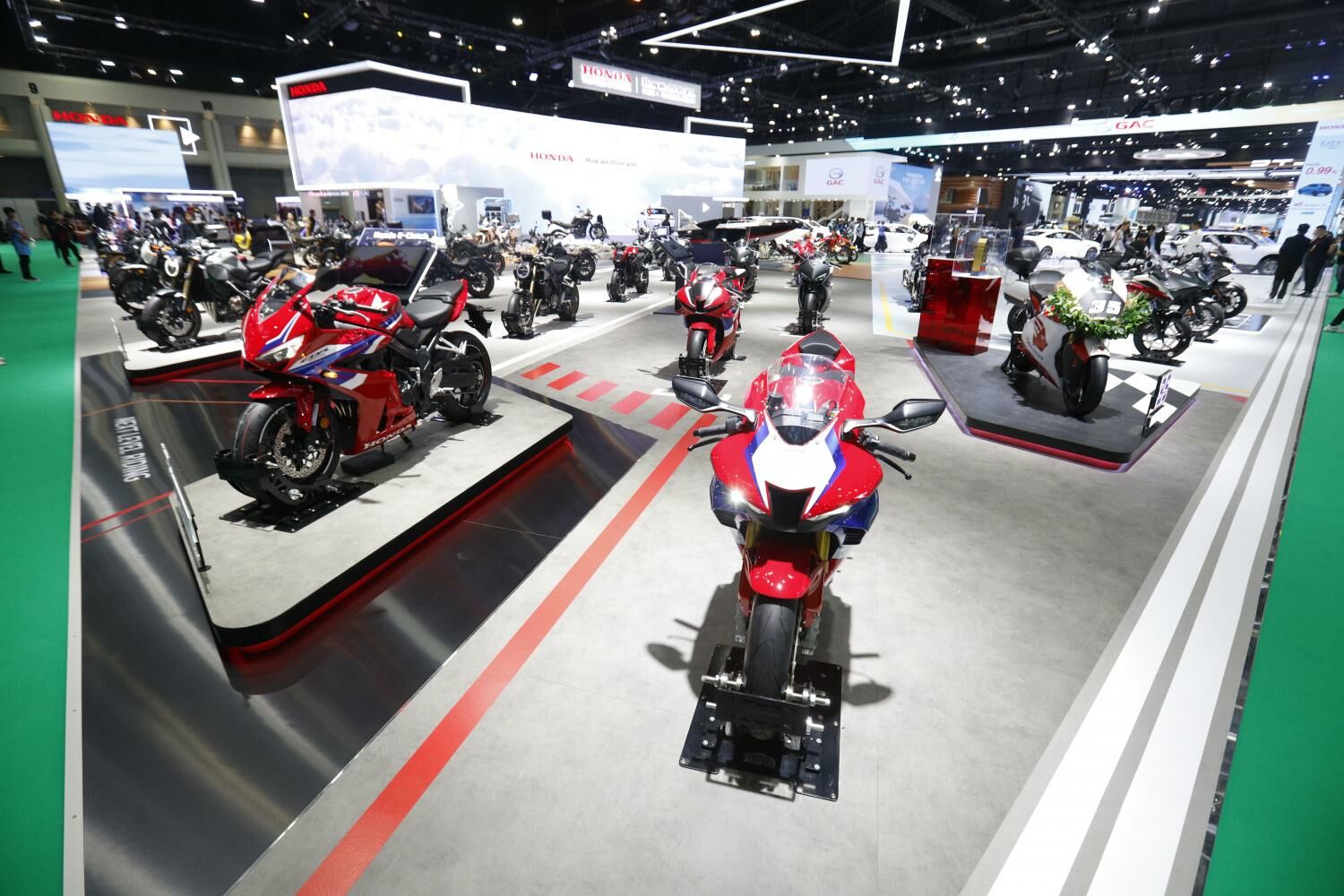Motorcycle sales fall 10% as Thai Honda faces sluggish market

Motorcycle sales dipped by 10% year-on-year during the first half of the year, affecting major players like Thai Honda Co, a leading motorcycle manufacturer and distributor, which is grappling with a sluggish market.
The downturn is attributed to slow economic growth of 1.5% in the first quarter, more stringent bank criteria for auto loans, and a weakened export sector, according to Yuichi Shimizu, President of Thai Honda.
“High household debt that stands at 91% of GDP and weak consumer purchasing power caused people to be more cautious about spending. They are worried about the current economic situation.”
Between January and June, Thai Honda’s sales declined by 7% year-on-year, reaching 800,000 units.
Shimizu expressed concerns that the economic landscape in the second half of the year would not see a significant improvement, potentially keeping the automotive industry, including motorcycle sales, in a continued state of sluggishness.
The firm anticipates local motorcycle sales in 2024 to be around 1.65 to 1.70 million units.
For Thai Honda specifically, the company projects its sales to be between 1.36 to 1.40 million units.
Despite the downturn, Honda motorcycles in the family segment retain popularity among Thai consumers, holding a market share of 45%, while the automatic transmission (AT) segment commands a market share of 51 to 55%.
Shimizu highlighted that Chinese electric motorcycle manufacturers pose a growing challenge to traditional motorcycle makers, especially those accustomed to internal combustion engine technology, as they must adapt to increasingly tough market competition.
Thai Honda’s electric motorcycle sales are projected to rise to 30,000 units in 2024, up from 21,000 units in 2023. During the first half of this year, the company sold 13,600 electric motorcycles, Shimizu added.
“The company plans to increase battery swapping stations to serve electric motorcycles. We are conducting a feasibility study on this plan.”
Currently, Thai Honda aims to establish a total of 44 battery-swapping stations. In the electric motorcycle rental sector, the company plans to expand its fleet to 800 units, up from the current 600 units, reported Bangkok Post.
Latest Thailand News
Follow The Thaiger on Google News:


























